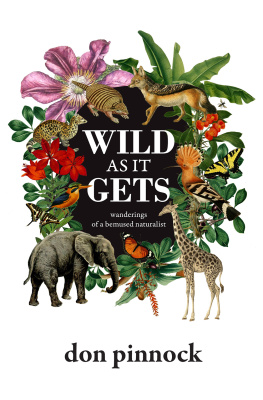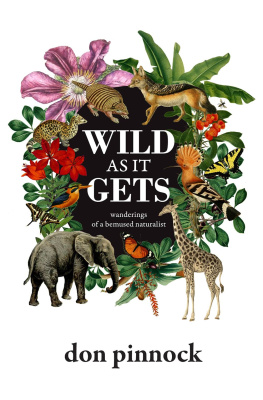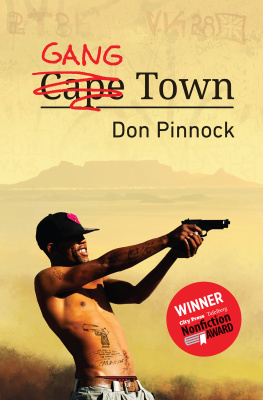Don Pinnock - Wild as It Gets
Here you can read online Don Pinnock - Wild as It Gets full text of the book (entire story) in english for free. Download pdf and epub, get meaning, cover and reviews about this ebook. year: 2016, publisher: Tafelberg, genre: Detective and thriller. Description of the work, (preface) as well as reviews are available. Best literature library LitArk.com created for fans of good reading and offers a wide selection of genres:
Romance novel
Science fiction
Adventure
Detective
Science
History
Home and family
Prose
Art
Politics
Computer
Non-fiction
Religion
Business
Children
Humor
Choose a favorite category and find really read worthwhile books. Enjoy immersion in the world of imagination, feel the emotions of the characters or learn something new for yourself, make an fascinating discovery.
- Book:Wild as It Gets
- Author:
- Publisher:Tafelberg
- Genre:
- Year:2016
- Rating:3 / 5
- Favourites:Add to favourites
- Your mark:
- 60
- 1
- 2
- 3
- 4
- 5
Wild as It Gets: summary, description and annotation
We offer to read an annotation, description, summary or preface (depends on what the author of the book "Wild as It Gets" wrote himself). If you haven't found the necessary information about the book — write in the comments, we will try to find it.
Wild as It Gets — read online for free the complete book (whole text) full work
Below is the text of the book, divided by pages. System saving the place of the last page read, allows you to conveniently read the book "Wild as It Gets" online for free, without having to search again every time where you left off. Put a bookmark, and you can go to the page where you finished reading at any time.
Font size:
Interval:
Bookmark:
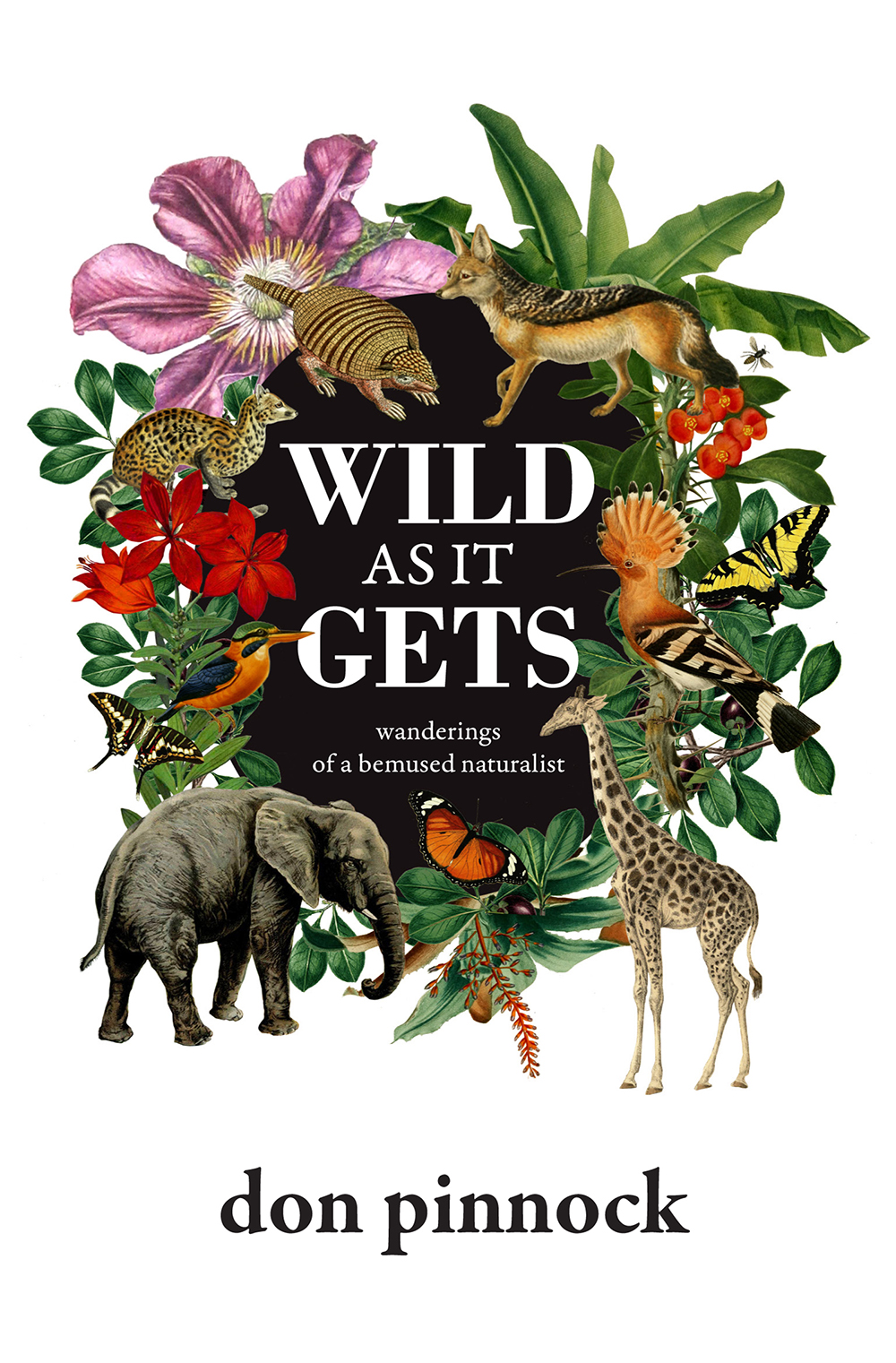
WILD
AS IT
GETS
wanderings
of a bemused naturalist
don pinnock
Tafelberg
To Justin Fox,
good friend and fellow traveller,
and
for elephants
introduction
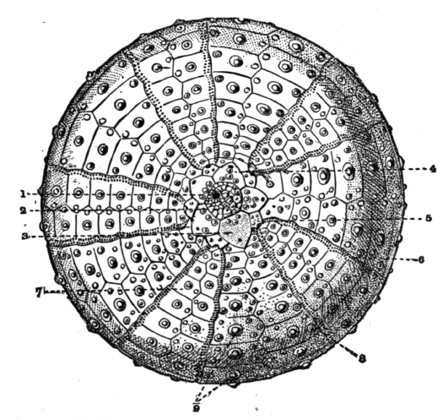
I f theres a social hierarchy in heaven, I hope biologists get compliant angels, bottomless research grants and the residential equivalent of Bishopscourt, Houghton or Hampstead. Maybe Im biased. But to me they seem, above all others, to perceive, through the myriad actions and processes of countless creatures, the vast and magical implications of life. They have a capacity for entrancement.
Thats not a word used much these days. In the fast-moving world in which most of us live, we seldom have time for entrancement beyond the gaze with which we regard the flickering screens of our entrapment. There are, however, those who regularly become fixated by the bark of a tree or a bug on a leaf or an animal doing very little at all. Or maybe a puddle or a platypus.
They tend to say things like if the DNA in one cell of a mouse were placed end on end and magically enlarged to the width of ordinary wrapping string, it would extend over 900 kilometres. Or did you know, there are over 500 species of friendly bacteria living symbiotically in your mouth and throat? Or to conserve biological diversity is an investment in immortality. Or I hate a man who skins the land.
There are giants among them without whom the world in which we live would be much less interesting. Think of life without Charles Darwin, Gregor Mendel, Carolus Linnaeus, Jane Goodall and EO Wilson, for starters. They were and are all afflicted with what the American entomologist and father of sociobiology, Edward Wilson, calls the naturalists trance. Its the prerequisite of genius.
My admiration for their craft and their insights is the product of my ignorance. As an amateur, I have no training in science so it became my hobby. For many years I would return from a library or bookshop with treasures under my arm gathered simply because of the cool pictures on their covers. Many of these writers used arcane terminology that had me scurrying to a dictionary. Not infrequently I gave up and reached for another book or wandered through Google instead.
But gradually it all started making sense. Science wasnt impenetrable to non-scientists, it was just written in a language you had to learn. The best part has been dealing with scientists themselves. For years, emboldened by a good number of books and journal articles, I pursued them, bothered them with uninformed questions and benefited from their good grace and patience.
Id ask them about their passion and listen intently. Theyd do the rest and seemed gratified that someone was interested. Thats their charm, really. Whereas Im always indebted to them for sharing their knowledge so freely, they seemed grateful for being heard by someone who, while not in their discipline, was genuinely interested in what they had to say. It worked, and wonderful worlds of biology, botany, geology and other natural disciplines unrolled for my awed regard.
About this book, then.
I was having a discussion with a friend whod been deeply religious but had abandoned his belief. Given the vastness of the universe, he reasoned, how could there be a god transcendent to all that? If there was, it was silly to think he or she would have any interest in us. I agreed, but suggested a different angle.
Ive walked alone through the sweat of the earths rainforests, travelled over the skin of her deserts, looked deeply into the eyes of her wild and beautiful creatures and heard the planet humming in the ice fields of Antarctica.
This has left me convinced that earth is a living thing: Gaia the idea that the living and nonliving components of earth function as a single system and that were part of its being. Were not separate, unique, special in any particular way. Were simply part of earths awareness of itself and, if we need a god that made us and cares, its all around us. This planet is our mother, our father and our lover.
It occurred to me that this love affair had been going on for some time in columns and stories Id been writing for magazines like Getaway , Travel Africa , High Life , Africa Geographic and many newspapers and websites. Fortunately, Im fastidious about electronic filing, so I began trawling through stories to see if they fitted into some sort of pattern. The result is this book.
outrageous stuff
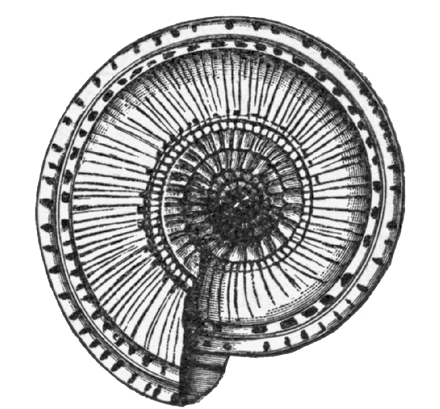
I t may have been the pedantic drone of the high school science teacher, but the period labelled General Science was dead boring. Paraded before us were rules not ideas, absolute statements of fact and not the intrigue of what wasnt known.
Another problem was the assumption that science was difficult so you had to start with little facts and work up to the big ones (which never arrived). Instead of the mind-blowing volume of the universe, we measured the volume of liquids in a beaker. Rather than exploring the woods for yet undiscovered creatures, we dissected a sad frog that had probably never seen a wild pond. We talked about atoms as though they were tiny marbles rather than almost completely nothing (nearly the entire volume of an atom is empty space).
We memorised the spectrum, never realising there were millions of colours in between, listed the planets without being aware of the Big Bang, glanced at the moon without being told it was probably the result of a massive collision with a Mars-size object that re-melted the earth. It was all pretty depressing and I viewed those periods with dread.
Instead I devoured science fiction: writers like Isaac Asimov, Ray Bradbury, Arthur C Clarke, Philip Dick, Robert Heinlein, Frank Herbert, Ursula le Guin, Kurt Vonnegut and, of course, JRR Tolkien for pure (and impure) magic. They provoked huge questions that, in asking, earned me the displeasure actually thinly veiled enmity of the science teacher.
Years later travel and the prompting of a magazine editor led me back to science fact. To my delight, it was as wildly unlikely as science fiction. The stuff all around me, in me and everywhere was outrageous. I vowed that if I ever wrote a book about all this, it would begin in the deep end. Big, wild, freaky, monstrous, miniscule, crazy and fun. It would be stuff that as citizens of a small planet circling an average star at the edge of an insignificant galaxy that was born from a singularity the size of a marble we really ought to know. And cheer. So here goes

Big ideas the easy way
O n a mountain, in a forest or at the seashore the wonders of nature are self-evident. Everything looks beautiful, smells good, feels fine. But the truth is youre seeing only the thinnest skin of the wonders, like peering at a circle of torchlight in a Serengeti night. The rest is decidedly odd and pretty near unimaginable.
The best language to explain whats beneath that skin is mathematics, but its one few understand and many of us instinctively avoid, weighed down as it is with memories of incomprehensible school calculus and whiteboards full of squiggles.
There is, however, another language that opens the door to the unimaginable and thats analogy and metaphor. We have minds that make more sense out of stories than cold logic. We think by association, take short cuts, find the links between things. Without analogy you simply cant grasp the very big, the very small or the unbelievable things that are, however, true. Heres a bag of them to boggle over.
Font size:
Interval:
Bookmark:
Similar books «Wild as It Gets»
Look at similar books to Wild as It Gets. We have selected literature similar in name and meaning in the hope of providing readers with more options to find new, interesting, not yet read works.
Discussion, reviews of the book Wild as It Gets and just readers' own opinions. Leave your comments, write what you think about the work, its meaning or the main characters. Specify what exactly you liked and what you didn't like, and why you think so.

